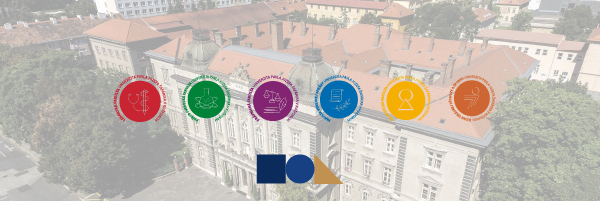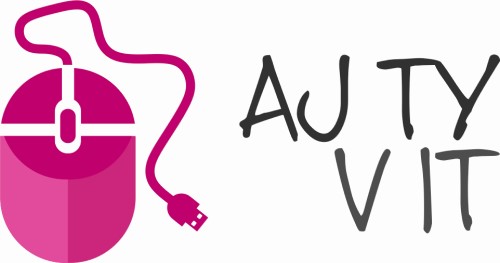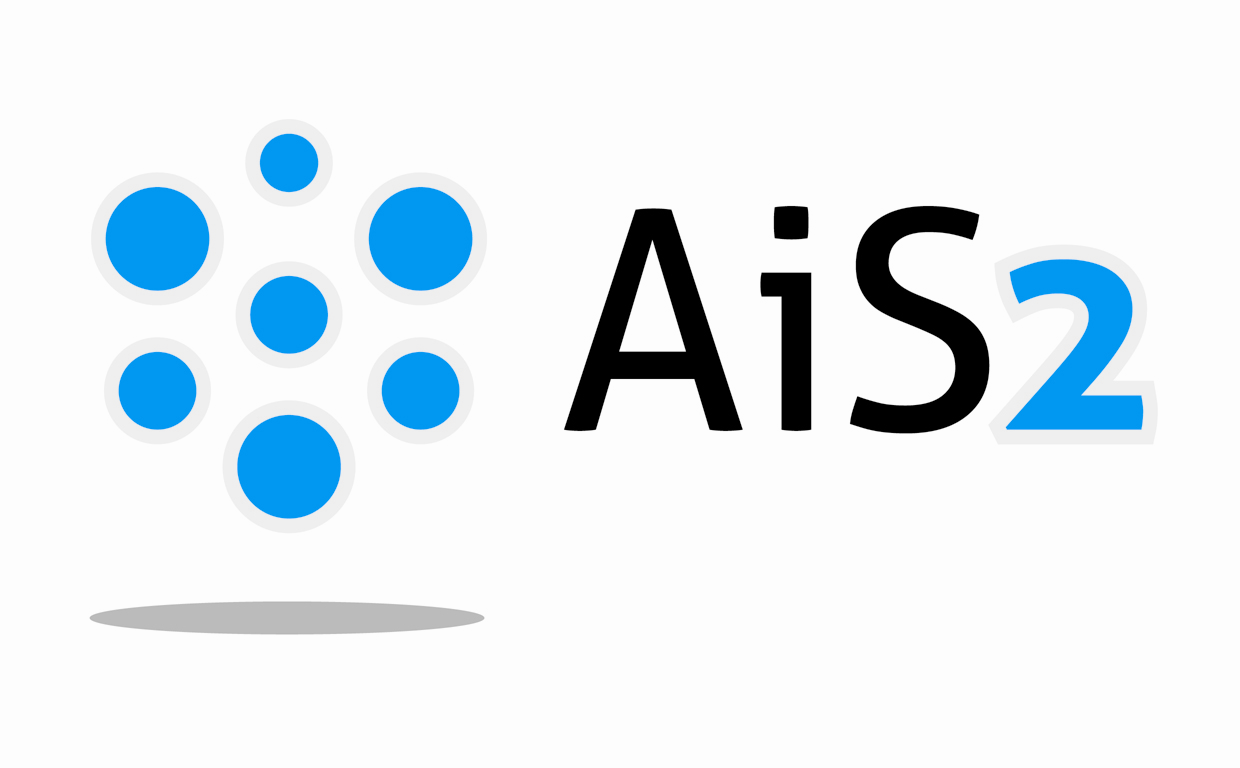Animal Physiology
Lecturer:
prof. RNDr. Beňadik Šmajda, CSc.
doc. RNDr. Monika Kassayová, CSc.
Assistant Lecturers:
RNDr. Bianka Bojková, PhD.
RNDr.Vlasta Demečková,PhD.
RNDr. Peter Orendáš, PhD.
RNDr. Terézia Kisková, PhD.
RNDr. Natália Kokošová
Key topics: Basic notions in physiology. Physiology of blood and hemopoetic organs. Respiratory physiology. Physiology of the cardio-vascular system. Thermoregulation. Physiology of the gastro-intestinal tract. The role and functions of the liver. Physiology of nutrition and the energetic household of the body. General properties of conductive and excitatory systems of the body. Functions of the peripheral and central nervous systems. Mechanisms of work in skeletal and smooth muscles. Functions of the organs of sense. Hormonal regulations. Reproductive physiology. The physiology of excretion.
Evolution biology
Lecturer:
prof. RNDr. Beňadik Šmajda, CSc.
prof. RNDr. Pavol Máronfi, PhD.
prof. RNDr. Eva Čellárova, DrSc.
Key topics: The basic questions of the evolution of living things. Historical overview: pre-darwinian views of the origin of life, CH.Darwin and his contribution to the evolutionary theory, post-darwinian trends in evolutionary theory, the modern synthesis The origin of life on Earth and the evolution of the first life forms. The elementary factors of the evolution: mutational process, population waves, insulation. Natural selection as a driving force of the evolution. Molecular evolution. The evolution of genes and genoms. Evolutionary mechanisms on population level. The evolution of reproductory systems. The arise of adaptations and their classification. The conception of species. The problems of the macroevolution: the evolution of functions and organs, the evolution of ontogenesis. The evolution of the plant diversity. Reproductory strategies of plants, sexuality, asexuality and evolution. Macroevolution and microevolution. Types of speciation: alopatric and sympatric speciation. Phyletic speciation. Extinctions. Evolutionary trends in green plants. The milestones of the evolution of animals. Antropogenesis.
Ethology
Lecturer: RNDr. Igor Majláth, PhD.
Assistant Lecturers:
RNDr. Terézia Kisková, PhD.
RNDr. Natália Kokošová
RNDr. Monika Balogová
Mgr. Adriana Hižňanová
Key topics: History and development of ethology within natural sciences. Methodology of ethology. Innate behavior and its types. The simplest forms of learning – conditioning and instrumental learning. Higher forms of learning. Relationship between innate behavior and learning. Social behavior of animals. Sexual behavior. Games. Biological rhythm in behavior of animals. Migrations. Communications. Emotions. Aggression in human and animal behavior. Abnormal displays of behavior.
Animal and Human Ecological Physiology
Lecturer: RNDr. Bianka Bojková, PhD.
Key topics: Environmental factors – classification. Stress reaction, general adaptation syndrome. Pathological deformations of the adaptation process – general signs of pathological processes. Adaptations to vital environmental factors: adaptations to nutrition changes (fasting, overeating), influence of hypobaria and hyperbaria, adaptations to saline water, the influence of gravity, high and low temperatures, electromagnetic fields, and acoustic waves on living organisms. Xenobiotics in soil, air, and water, biotransformation of xenobiotics. Drugs of abuse and their effect on the human body. Carcinogenesis, types of carcinogens, possibilities of cancer prevention. Prions.
Neurophysiology
Lecturer: RNDr. Ján Gálik, CSc.
Key topics: The neuron as the basic functional unit of the nervous system. The origin of the resting membrane potential, ion channels, ion currents. The arise and conduction of the action potential, neuronal fibres. The notion of the synapse, chemical and electrical synapses. Excitation and inhibition on the synapses. Neurotransmitters and their receptors. Sensual receptors. Sensorial tracts and brain centers. Motoric centers in the CNS. Monosynaptical and polysynaptical reflexes. The functions of the limbic system. Associative functions of the CNS. Neurophysiology of senses. Bioelectrical manifestations of the CNS and the methods of their registration.
Chronophysiology
Lecturer: prof. RNDr. Beňadik Šmajda, CSc.
Assistant Lecturers: RNDr. Natália Kokošová
Key topics: The basic notions of chronobiology and the classification of biological rhythms. The relevance of biological rhythms in evolution. Basic properties of the biological rhythms. Entrainment of biological rhythms. The genetic basis and molecular mechanism of the biological clock in animals. The localisation of the biological clock in the body. Biological rhythms in uni- and multicellular organisms: models in chronobiology. The multioscillatory system of the body. The significance of circadian and seasonal rhythms for the animal and human life. Practical application of the chronobiological knowledge.
Experimental Methods in Physiology
Lecturer: RNDr. Ján Gálik, CSc.
Key topics: The experimental animal, the laboratory animal, the biomodel. Basic rules of housing of the laboratory animals. Biological characteristics of the most frequently used laboratory animals. The genetics of laboratory animals. Microbiological criteria of housing of laboratory animals. The influences of internal and external factors on the health status and reactivity of the animal: genetic background, gender, social and behavioral influences, the role of light, seasonal influences, the influences of the temperature, air humidity, diet, noise and transport. Planning of experiments and biostatistical evaluation.
Biopharmacology
Lecturer: RNDr. Peter Orendáš, PhD.
Key topics: The concept, history, and importance of biopharmacology. Drug definition, drug classification, and pharmacopoeia. The fate of the drug in the body: absorption and distribution. Biotransformation of drugs. Drug excretion and drug clearance. Chronopharmacology. Pharmacogenetics. The mechanism of drug action at the molecular level. Pharmacon-receptor complex. Drug interactions. Chronic administration of drugs . Side effects of drugs. Teratogenic and carcinogenic effects of drugs. The development and introduction of new drugs.
Biochemical laboratory methods in physiology
Lecturer: RNDr. Peter Orendáš, PhD.
Key topics: Basic biochemical methods used in physiological and clinical biochemistry laboratory- methods for the determination of lipids, lipid peroxides in serum and tissues, determination of serum lipoprotein classes, basic parameters of carbohydrate metabolism, and determination of glucocorticoids in rat serum and adrenal glands.
Cell metabolism
Lecturer: doc. RNDr. Monika Kassayová, CSc.
Key topics: Carbohydrates – significance and role in animal organisms. Inborn errors of carbohydrate and lipid metabolism in humans. Lipid metabolism. Role of the liver and adipose tissue in lipid metabolism. Plasma lipoproteins – metabolism and disorders. Cholesterol and atherosclerosis. Protein metabolism and its inborn errors. Water and solute metabolism. Physiology and regulatory mechanisms of water-base balance in animal organisms. Metabolic regulation. Topochemistry of metabolic processes.
Biology of children and adolescents
Lecturer: doc. RNDr. Monika Kassayová, CSc.
Key topics: Human ontogenesis. Postnatal development. Age specific features of skeletal and muscular, circulatory, respiratory, gastrointestinal and urinary systems. Reproductive system. Endocrine system. Nervous system. Age specifics of selected diseases and drug dependence arise. Human population and environment.
Immunology
Lecturer: RNDr. Vlasta Demečková, PhD.
Key Topics: Lymphatic System Anatomy, The Innate Immune System, The Induced Responses of Innate Immunity, The Adaptive Immune Response, Antigens and Antibodies, Antigen Recognition by B-cell and T-cell Receptors, Antigen Presentation to T-lymphocytes, Complement, Allergy and other Hypersensitivities, Autoimmunity and Transplantation, Tumor Immunology, Disorders of The Immune System.
Immunology practicals
Assistant Lecturers: RNDr. Vlasta Demečková, PhD.
Key topics: Special immunology practicals cover common immunological techniques as well as techniques relevant to the research projects at the department. The main aim is to understand the host immune response to infection. Practicals also include a study of the histophysiology of animal immune organs.
Selected Topics in Experimental Immunology
Assistant Lecturers: RNDr. Vlasta Demečková, PhD.
Key topics: Immunological techniques used in clinical laboratories: Flow cytometry and fluorescence activated cell sorting, Lymphocyte Immunophenotyping, Cryopreservation, Microarrays, Immunoassays, Enzyme – Linked Immunosorbent Assays (ELISA), Methods for the isolation of different immune cells.
Selected chapters from herpetology
Lecturer: RNDr. Igor Majláth, PhD.
Assistant Lecturers:
RNDr. Natália Kokošová
Mgr. Adriana Hižňanová
Key topics: Overview in systematics of amphibians and reptiles. Zoogeography of species. Phylogeny of amphibians and reptiles. Characterization of eco-physiological and morphological adaptations. Adaptations on major biotic and abiotic factors (food, substrate, temperature, water and other). Selected aspects of population dynamics of selected groups. Comparison of ethological displays of amphibians and reptiles.
Ecological ethology
Lecturer: RNDr. Igor Majláth, PhD.
Key topics: The subject of social biology (ecological ethology) and its relationship to other biological disciplines. Evolution of social behavior of individual groups of animals and human. Strategies in development of social relationship and groups in ecosystem. Interactions of innate basis of behavior and environmental impact. The selection of proper social organization, proper partner, proper sexual and parental strategy. Competition of individuals and genders.
Parasitology I.
Lecturer: RNDr. Viktória Majláthová, PhD.
Assistant Lecturers: RNDr. Igor Majláth, PhD.
Key topics: Introduction to parasitology, basic concept and general terminology. Ecological and physiological characteristics of parasite-host interactions. The most important groups of parasites of human and animals. Protozoology, helminthology, arachnoentomology. Taxonomic classification, the morphology, form and function, life cycles, symptomatology, and pathogenesis of representative taxa. Epidemiology and transmission of parasitic diseases.









